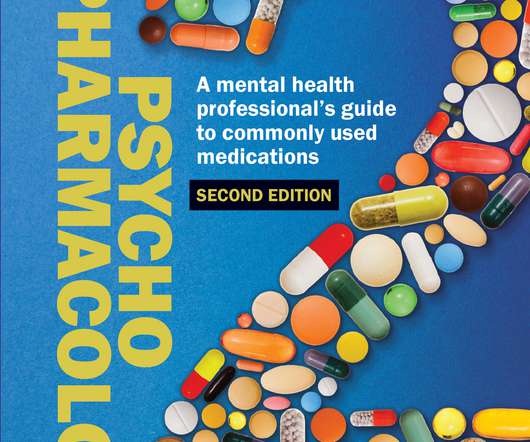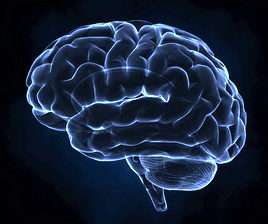The long awaited second edition Psychopharmacology: A mental health professional’s guide to commonly used medications by Herbert Mwebe
The Critical Blog
SEPTEMBER 13, 2021
Whilst there are various alternative interventions to managing moderate to severe mental health presentations, psychotropic medications remain the mainstay interventions used in various clinical settings. The arbiter of whether these medications are useful or not is the person taking the medication.












Let's personalize your content